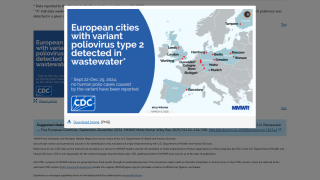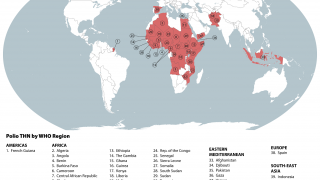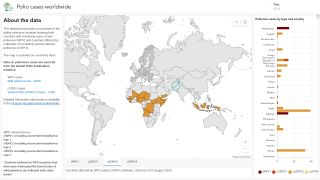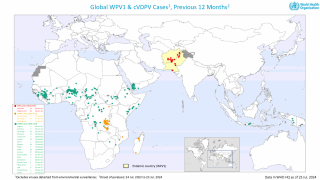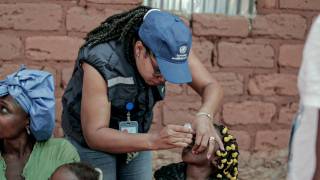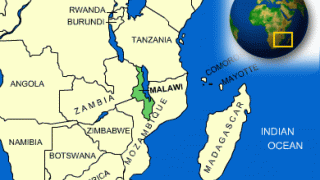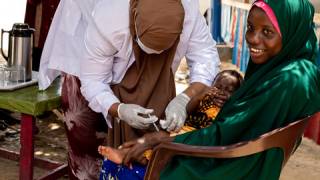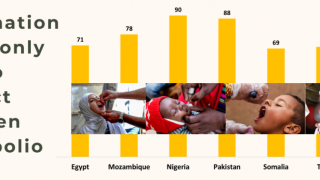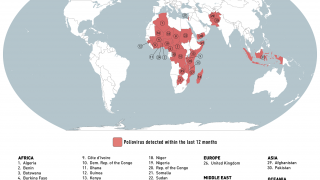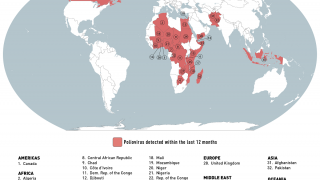Poliovirus Testing Begins in Michigan
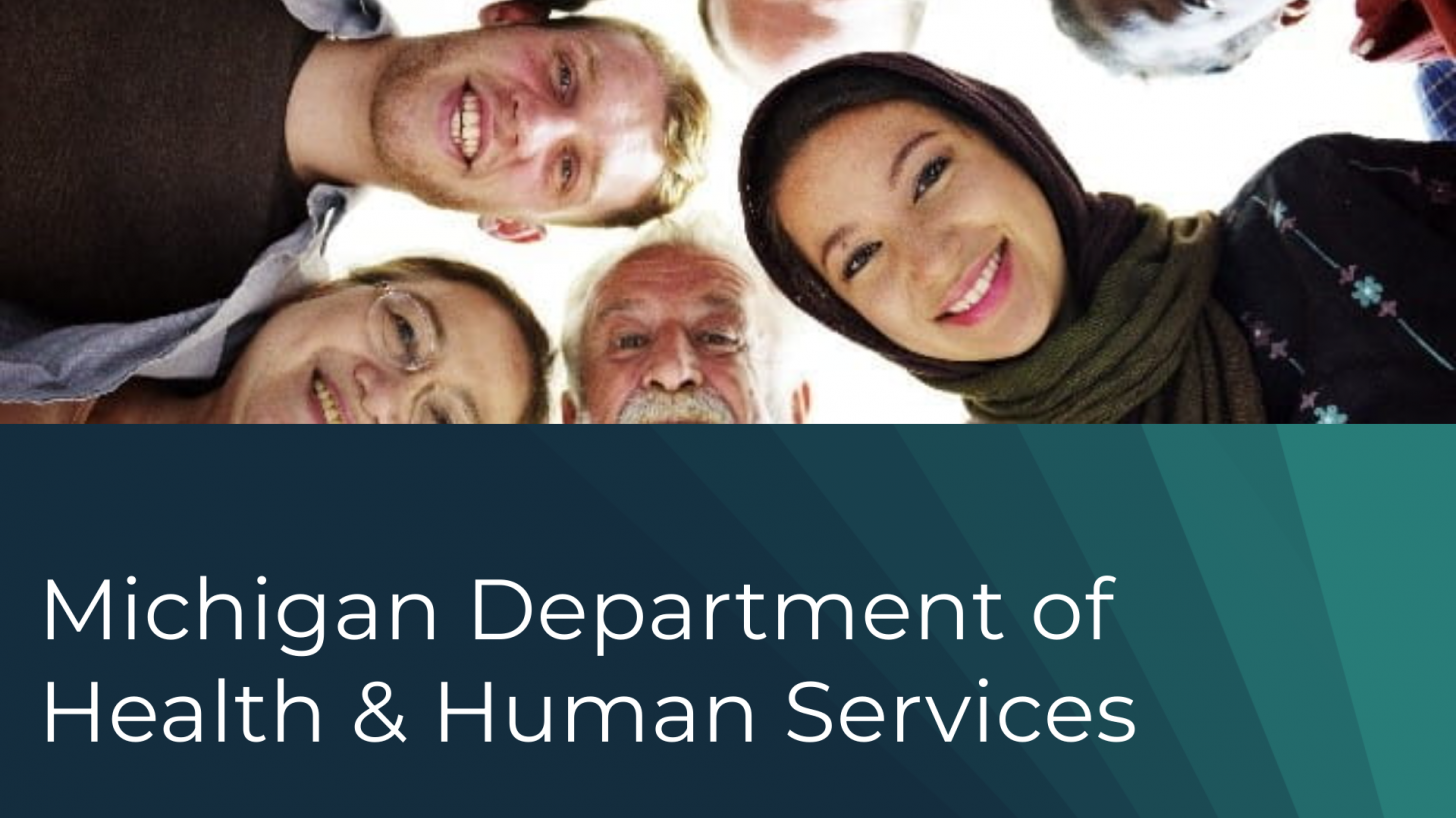
The Michigan Department of Health and Human Services (MDHHS) recently announced it is collaborating with local partners to begin wastewater testing for poliovirus in Oakland County, Michigan.
After detecting a paralytic polio case in Rockland County, New York, in 2022, MDHHS began working with the U.S. Centers for Disease Control and Prevention (CDC) to identify communities with a potential risk for polio transmission.
Polio risk is primarily determined by identifying low vaccination coverage and wastewater samples since poliovirus can be shed in stools.
"Polio is a debilitating disease that is preventable by safe and effective vaccines," said Dr. Natasha Bagdasarian, MDHHS chief medical executive, in a press release on July 11, 2023.
"Monitoring for polio in wastewater allows us to participate in leading technology that helps inform of potential risk, while vaccination also keeps our communities safe."
Additionally, the Oakland County Health Division is providing free polio vaccines for residents as the United States is now considered by the World Health Organization (WHO) a country with circulating poliovirus.
On May 12, 2023, the WHO confirmed the spread of poliovirus remained a Public Health Emergency of International Concern.
The total number of poliomyelitis samples collected in countries with poliovirus transmission was 40 in 2022. For example, Michigan's northern neighbor Canada detected poliovirus in various wastewater samples in December 2022.
In 2023, 1,952 samples in New York have been tested for polio. One positive sample of concern was found in Rockland County.
Previously, the U.S. Centers for Disease Control and Prevention reissued a Global Polio Alert - Level 2, Practice Enhanced Precautions Travel Health Notice on June 26, 2023.
This travel alert identified Israel and the United Kingdom as polio-risk countries.
Polio, or poliomyelitis, is a debilitating and life-threatening disease caused by the poliovirus. The virus spreads through person-to-person contact and can affect a person's brain or spinal cord, causing paralysis or even death, says the CDC.
There is no cure for polio infection, but it is preventable through safe and effective vaccination for adults and children.
As of July 15, 2023, the CDC recommends all children get vaccinated against polio as part of the routine childhood vaccination schedules.
And unvaccinated or incompletely vaccinated adults at increased exposure risk should complete their polio vaccination series. In March 2023, the state of New York recommended travelers to Israel ensure they are fully vaccinated against polio.
Furthermore, the CDC suggests a polio booster when visiting polio outbreak areas.
In the U.S., various polio vaccines are available at health clinics and community pharmacies.
Our Trust Standards: Medical Advisory Committee


